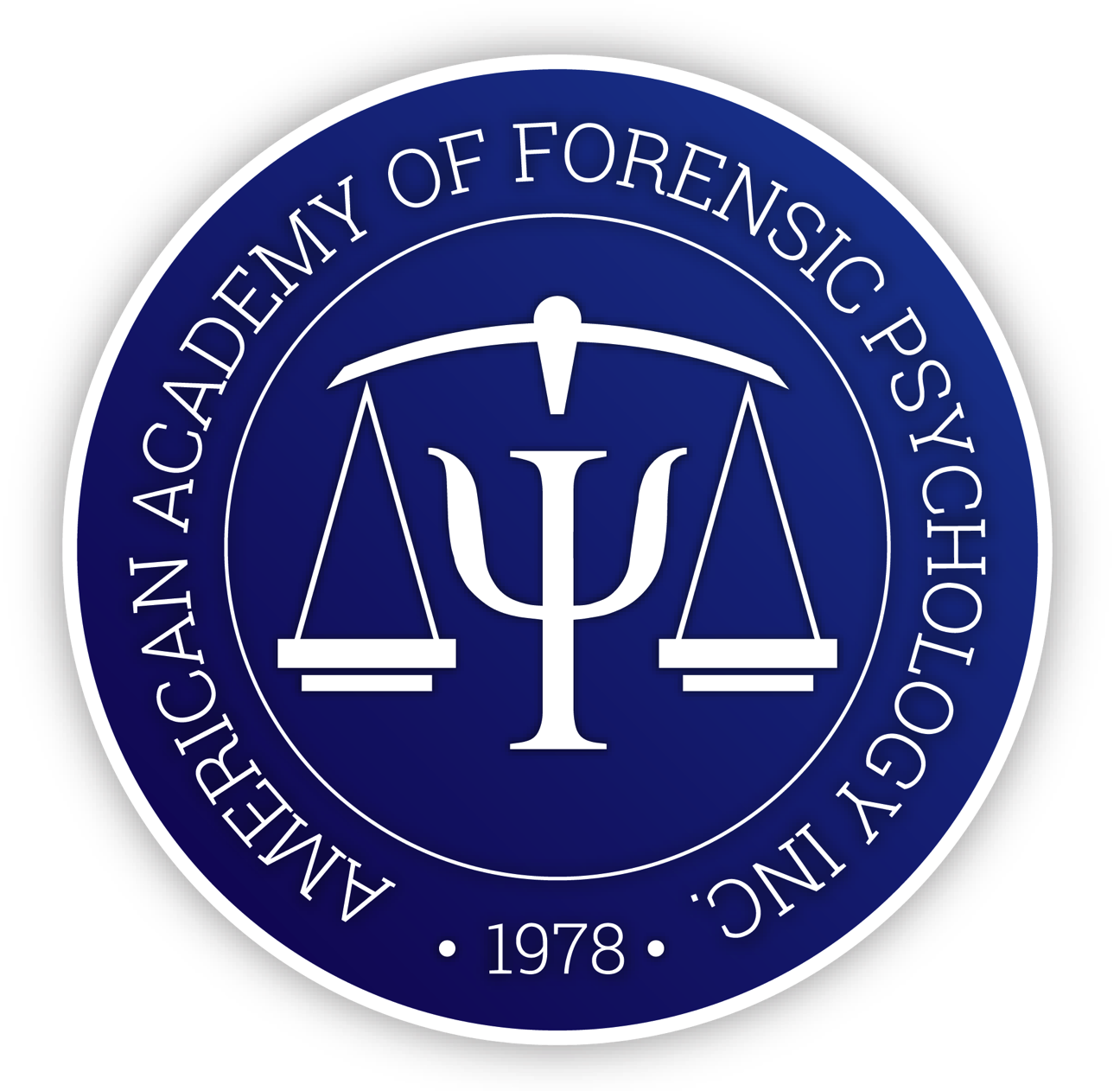3 Hours | 3 CEs
This on-demand professional training program on the Assessment of Defendants’ Competency for Self-Representation is presented by Maureen Reardon, PhD, ABPP, in partnership with the American Academy of Forensic Psychology (AAFP).
The focus of this program is the evaluation of defendants whose ability to participate in the criminal process is not (or no longer) in question but whose competence to proceed without legal counsel remains at issue. First reviewed are key cases that provide background for the sorts of abilities the law may require of defendants who seek to represent themselves. Next presented is the conceptual framework for assessing the various functional capacities involved in self-representation, with particular emphasis on methods of differentiating decisions to represent oneself based on mental illness from those based on character pathology and/ or uncommon political, religious, or other subcultural values and beliefs.
This intermediate program is intended for forensic psychologists working in court clinics, institutional settings, and the private sector; as a practical resource for relevant caselaw, literature, and evidenced-based assessment strategies for approaching the unusual case of a defendant who is competent to proceed WITH counsel, but may or may not be competent of proceeding WITHOUT counsel.
Program Outline:
- Overview of legal foundations underlying defendant's right to self-representation
- Review various factors influencing that may influence choices to proceed pro see
- Identify the basic functional legal capacities required to (a) waive counsel and (b) proceed pro see
- Provide a "best practice" guideline for assessments of a defendant's competency to self-represent
- Videos, case vignettes, and sample write-ups will be presented to illustrate the above
- Limited research in this area is also reviewed

Intended Audience
This on-demand professional training program is intended for mental health and other allied professionals

Experience Level
This on-demand professional training program is appropriate for beginner, intermediate, and advanced level clinicians.

CE / CPD Credit
APA, ASWB, CPA, NBCC Click here for state and other regional board approvals.
Learning Objectives
Upon completion of this program you will be able to:

Describe 2 landmark legal cases relevant to pro se competence

Describe the socio-political, cultural, and mental health factors that may influence defendants' decisions to waive legal counsel and represent themselves in court

Describe a strategy for assessing the requisite functional capacities for waiving counsel and self-representation at trial

Curriculum
1. Introduction
2. Legal Foundations: Case Law Review
3. The Pro Se Defendant
4. Ethical Considerations
5. Functional Capacities
6. Assessment
7. Stage 1: Foundation
8. Stage 2: Competence to Waive Counsel
9. Stage 3: Competence to Self-Represent (At Trial)
10. Goal-Directed Behaviors
Develop a Specialty Area of Practice
Transforming mental health professionals into experts
Expert Instructors
Professional training developed and delivered by the field's leading experts

CE Credit
Earn CE credit for meaningful professional training that will elevate your practice
Convenience & Flexibility
Learn at your own pace, from wherever you might be!
Program Partner
American Academy of Forensic Psychology (AAFP)
We are proud to partner with the American Academy of Forensic Psychology (AAFP) for this training. AAFP is a non-profit organization of board-certified forensic psychologists whose mission is to contribute to the development and maintenance of forensic psychology as a specialized field of study, research, and practice. The Academy does this by providing high-quality continuing education workshops, providing a forum for the exchange of scientific information among its members, and conferring awards upon outstanding students and practitioners in the field of forensic psychology.

CE Sponsorship Information
Palo Alto University, Continuing and Professional Studies (CONCEPT) is approved by the American Psychological Association to sponsor continuing education for psychologists. Palo Alto University, Continuing and Professional Studies (CONCEPT) maintains responsibility for this program and its content. Palo Alto University, Continuing and Professional Studies (CONCEPT) is approved by the Canadian Psychological Association to offer continuing education for psychologists. Palo Alto University, Continuing and Professional Studies (CONCEPT), SW CPE is recognized by the New York State Education Department’s State Board for Social Work as an approved provider of continuing education for licensed social workers #SW-0356 and the New York State Education Department’s State Board for Mental Health Practitioners as an approved provider of continuing education for licensed mental health counselors. #MHC-0073. Palo Alto University, Continuing and Professional Studies (CONCEPT) has been approved by NBCC as an Approved Continuing Education Provider, ACEP No. 6811. Programs that do not qualify for NBCC credit are clearly identified. CONCEPT Professional Training, #1480, is approved to offer social work continuing education by the Association of Social Work Boards (ASWB) Approved Continuing Education (ACE) program. Organizations, not individual courses, are approved as ACE providers. State and provincial regulatory boards have the final authority to determine whether an individual course may be accepted for continuing education credit. CONCEPT Professional Training maintains responsibility for this course. ACE provider approval period: 11/22/23-11/22/26. Social workers completing this course receive (clinical or social work ethics) continuing education credits.


